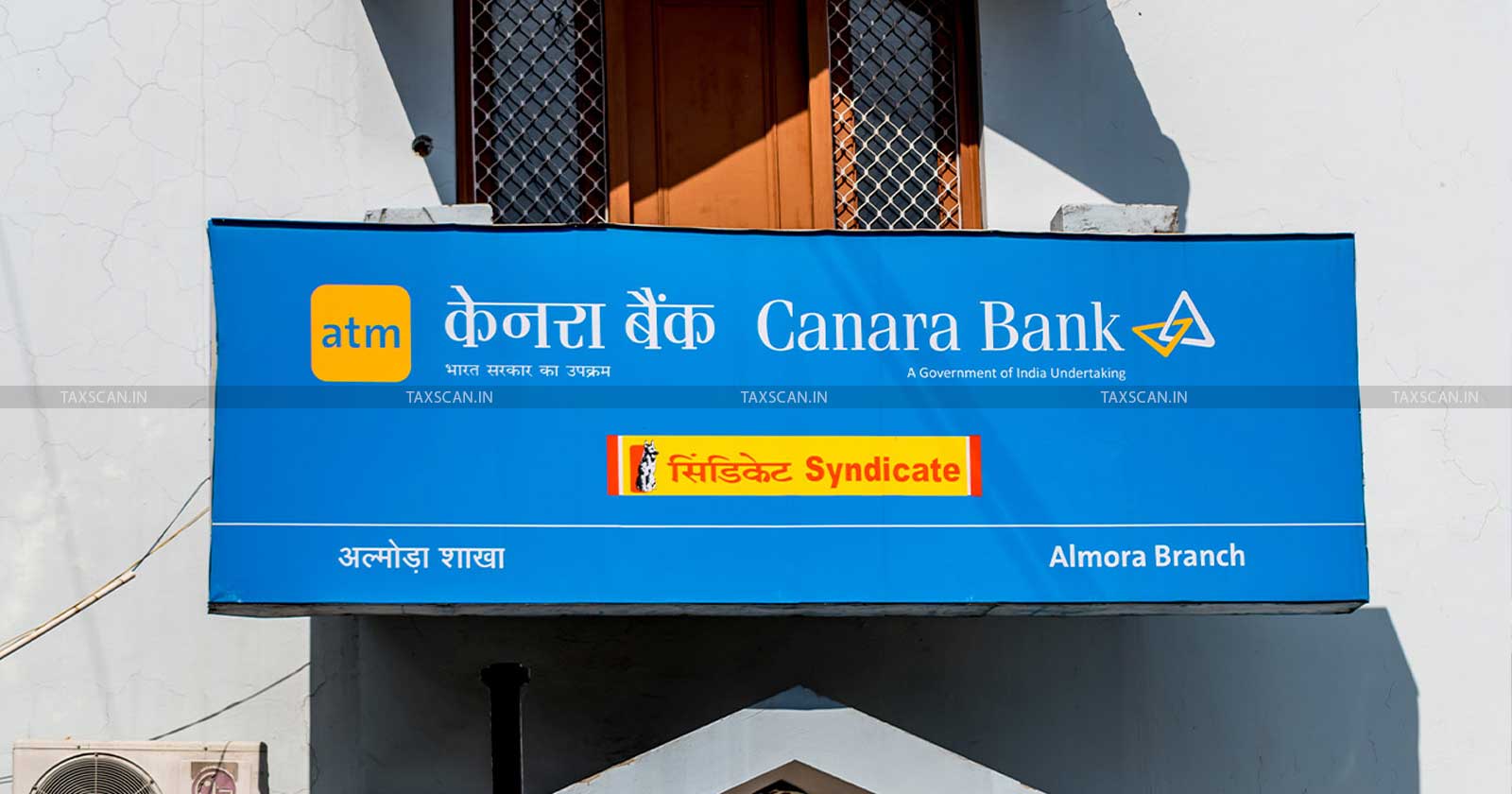GST Return Data Not Accessible under RTI unless Covered By S. 158(3) Or Supported By Larger Public Interest: Bombay HC [Read Order]
Bombay High Court held that GST return data is confidential and cannot be disclosed under RTI unless it falls within Section 158(3) of the GST Act or serves a larger public interest.
![GST Return Data Not Accessible under RTI unless Covered By S. 158(3) Or Supported By Larger Public Interest: Bombay HC [Read Order] GST Return Data Not Accessible under RTI unless Covered By S. 158(3) Or Supported By Larger Public Interest: Bombay HC [Read Order]](https://images.taxscan.in/h-upload/2025/10/20/2098325-gst-return-taxscan.webp)
In a recent ruling, the Bombay High Court held that GST return data is confidential and cannot be accessed under the Right to Information Act, 2005 unless the case falls within the exceptions mentioned in Section 158(3) of the Goods and Services Tax Act, 2017 or is supported by a larger public interest.
Adarsh S/o Gautam Pimpare, the petitioner, filed a writ petition challenging the orders passed by the Assistant State Tax Commissioner, the Deputy State Tax Commissioner, and the State Information Commissioner. The petitioner had filed an RTI application seeking information on the GST submissions of six industries in Udgir, District Latur, from the financial years 2008 to 2023.
The petitioner argued that GST returns are public documents and that the information should have been provided without issuing notices to the concerned industries. They claimed that the industries had obtained government tenders by manipulating documents and by not submitting proper GST returns, which led to misuse of public funds. The counsel further argued that the information was necessary to substantiate these irregularities.
 Also Read:Karnataka HC Rules Canara Bank’s SARFAESI Charge Prevails over Later GST Department Claim, Orders Removal of Encumbrance [Read Order]
Also Read:Karnataka HC Rules Canara Bank’s SARFAESI Charge Prevails over Later GST Department Claim, Orders Removal of Encumbrance [Read Order]
The respondents argued that the information sought was third-party information protected under Sections 8(1)(j) and 11 of the RTI Act and that Section 158(1) of the GST Act expressly prohibits disclosure of GST returns except in the circumstances mentioned under Section 158(3). They submitted that the petitioner’s allegations were unsupported by evidence and that there was no element of public interest involved to justify disclosure.
The Bench comprising Justice Arun R. Pedneker observed that the Public Information Officer acted correctly by issuing notices to the concerned industries under Section 11 of the RTI Act since the information requested related to third parties.
 Also Read:Directors Remain Criminally Liable for Dishonoured Cheques Despite Company Insolvency: Orissa HC [Read Order]
Also Read:Directors Remain Criminally Liable for Dishonoured Cheques Despite Company Insolvency: Orissa HC [Read Order]
Referring to the Supreme Court’s decision in CPIO, Supreme Court of India v. Subhash Chandra Agarwal (2020) 5 SCC 481, the court explained that Sections 8 and 11 of the RTI Act must be read together and that third-party information should be treated as confidential unless its disclosure serves a larger public interest.
The court further explained that Section 158(1) of the GST Act clearly restricts the disclosure of GST returns and related documents to third parties. Being a special and later enactment, the GST Act prevails over the RTI Act.
The court observed that the petitioner’s allegations of large-scale fraud were bald and unsubstantiated, and that no larger public interest was demonstrated to justify disclosure of the information sought.
The court held that the authorities had acted in accordance with the law and that the petitioner had failed to establish any valid ground for disclosure. The writ petition was dismissed, and the rule was discharged.
Support our journalism by subscribing to Taxscan premium. Follow us on Telegram for quick updates


